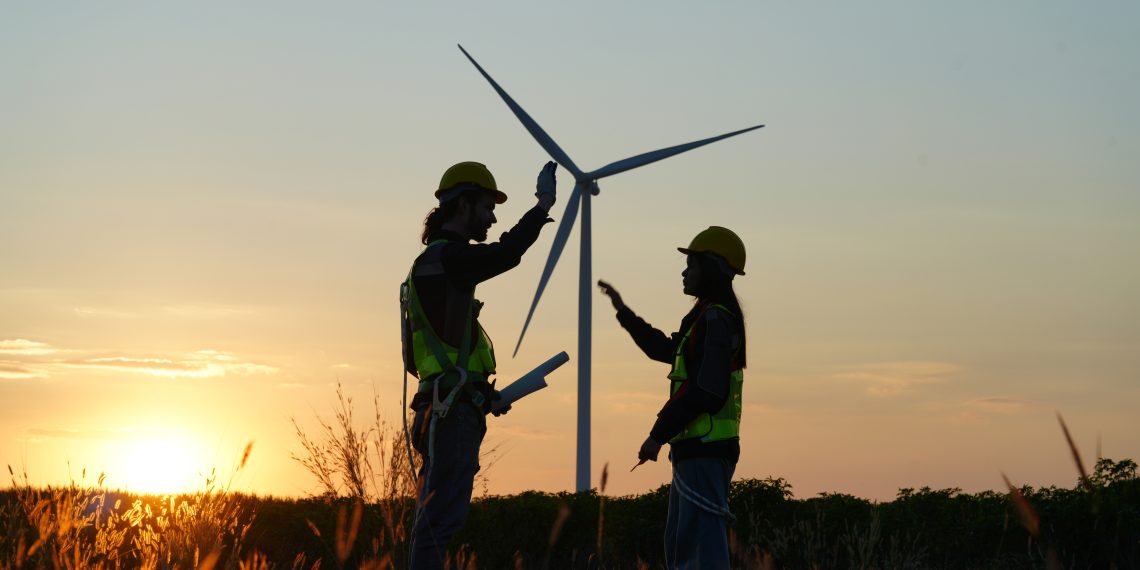Riyadh, Saudi Arabia – A $240 million Islamic Equity Bridge Loan has been announced by IFC to support ACWA Power in enhancing Uzbekistan’s renewable energy sector. This was revealed during the Future Investment Institute conference in Riyadh.
The financing will back two significant projects: a 1-gigawatt solar PV plant and a 668-megawatt Battery Energy Storage System, along with 500 kilometers of high-voltage transmission lines. These initiatives aim to reduce greenhouse gas emissions by 1.3 million tons of CO2 annually and produce 2,400 gigawatt hours of electricity each year.
ACWA Power, a Saudi-founded leader in power and water sectors, is at the forefront of this development. Known for its pioneering efforts in energy transition and green hydrogen, the company operates in 13 countries globally.
“This partnership with IFC bolsters our commitment to renewable energy in key markets like Uzbekistan,” stated Abdulhameed Al Muhaidib, CFO of ACWA Power. He emphasized the project’s role in setting new standards for funding and sustainability.
The loan is structured under Islamic Finance Murabaha, which involves an A-Loan and IFC’s Managed Co-Lending Portfolio Program. This structure aims to optimize equity returns, attract private investors, and help Uzbekistan achieve 40% renewable energy by 2030.
Laura Vecvagare of IFC highlighted the organization’s dedication to climate change mitigation and clean energy transition, underscoring the importance of partnerships like the one with ACWA Power in driving sustainable development.
Additionally, the project will enhance gender inclusivity within ACWA Power’s workforce, aligning with broader goals to reduce Uzbekistan’s energy intensity and carbon emissions significantly by 2030.
IFC’s collaboration with ACWA Power since 2011 has focused on expanding sustainable power solutions in emerging markets. This investment leverages innovative financial structures to unlock new opportunities for both entities.
The project will replace outdated thermal power sources, stabilizing Uzbekistan’s grid with advanced solar and battery technologies. This will ensure sustainable energy supply and reduce fossil fuel dependency.


